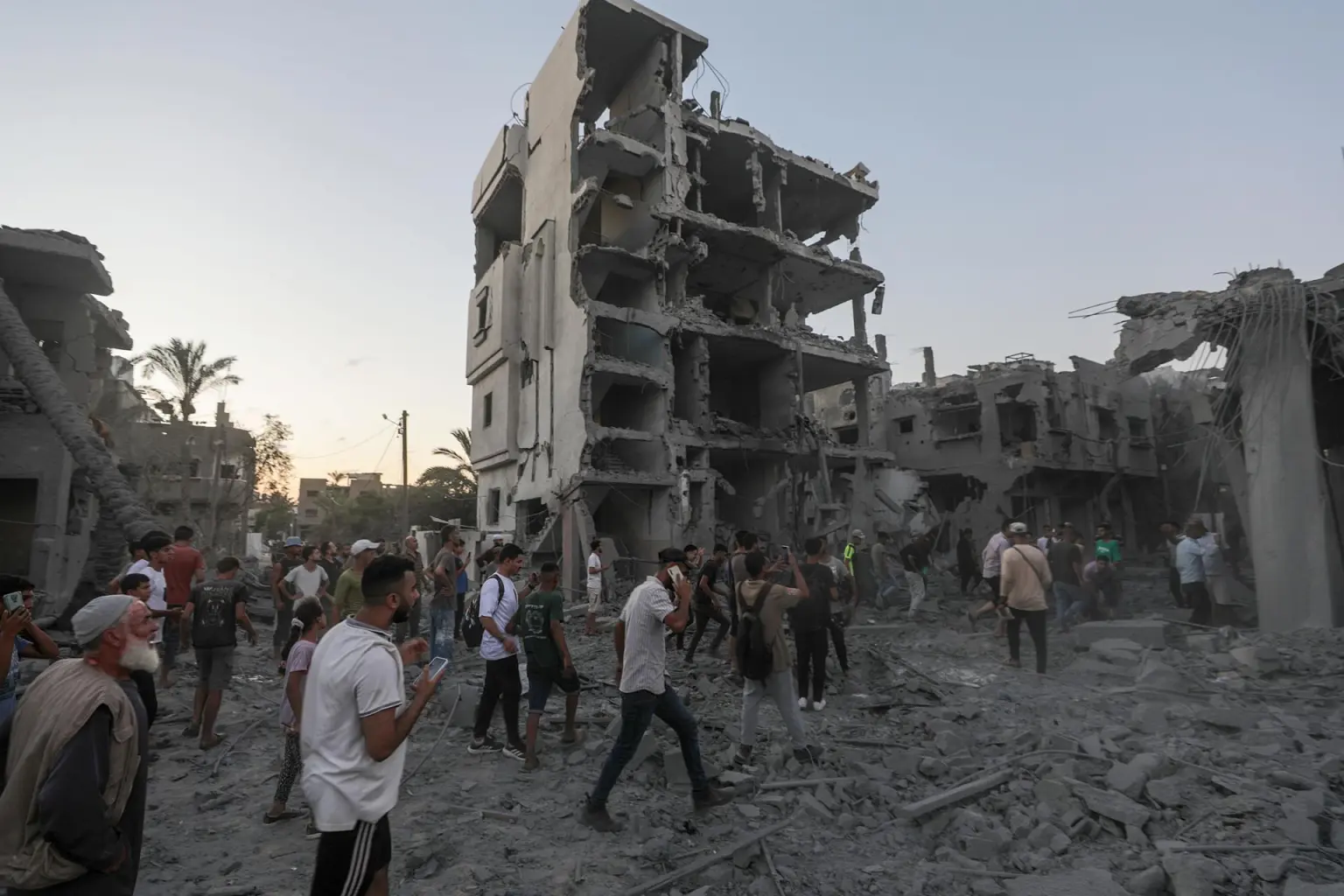Migrants stranded in Tijuana due to CBP-One failures; unable to cross before Trump’s arrival
CALI - BAJA
15-01-2025
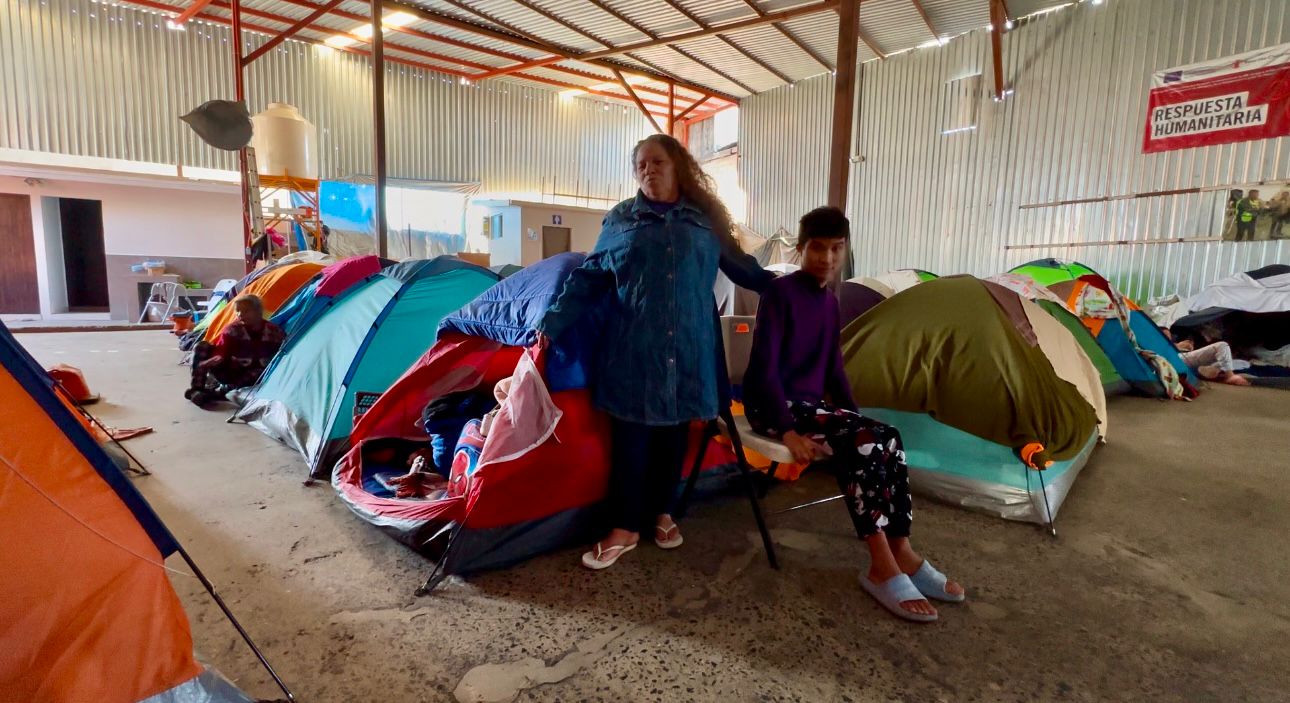
Photos BajaNews
Publicado: 15-01-2025 19:29:01 PDT
Actualizado: 15-01-2025 19:36:41 PDT
They fear the repeal of legal crossings under Trump and the CBP-One program
Hundreds of migrants in Tijuana found themselves stranded, unable to cross the border before Donald Trump's return, due to failures in the CBP-One app and system overloads.
In migrant shelters, many are waiting for an appointment to apply for political asylum. María Guadalupe Hernández Guevara has been waiting for two months at the Juventud 2000 Migrant Shelter with her husband and six children.

"We're anxious because we don't know what will happen. I wish we could have crossed before Donald Trump arrived. Now we don’t know what the new president will do or if they’ll cancel the program (CBP-One)," she said.
She expressed her desperation, uncertain if her asylum application process will continue legally. For Hernández Guevara, crossing illegally into the United States is not an option, as she cannot afford to pay a smuggler.
“We lost everything; we left it all behind in Michoacán, and we can’t go back because they’ll kill us,” she said.
María fled violence in her home state of Michoacán, where criminal groups tried to recruit her sons. After refusing, two of her daughters were sexually assaulted.
Living in a 2 m² tent with eight people is challenging, she said, but at least she feels safe from physical or sexual abuse.
Similarly, María Modesta Obeso Castro, 58, has spent two months in Tijuana with her 23-year-old son, Eddie Esaú Díaz, who has a disability. They live in a 1 m² tent and are considering returning to Chiapas, as life in Tijuana has become unaffordable.
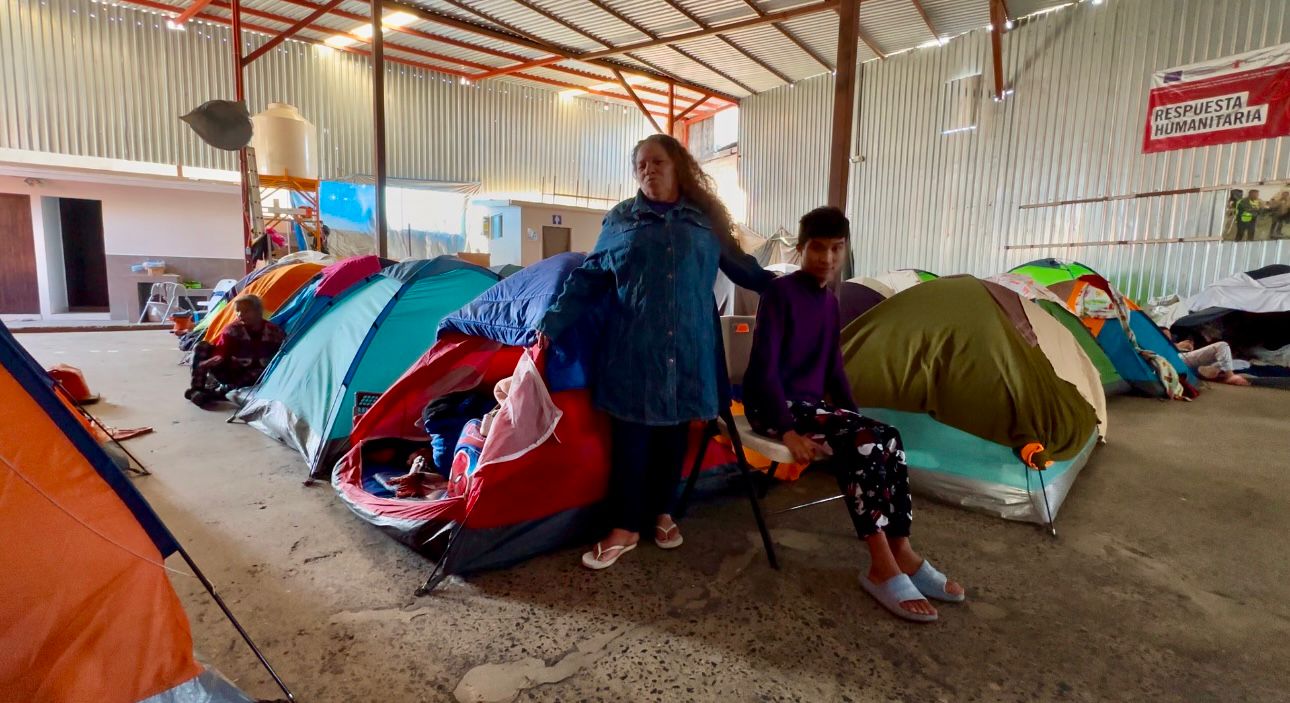
“I’ll have to go back to Chiapas, which is closer to Honduras, because I haven’t received an appointment, and life here is too expensive. Other people got their appointments, but I don’t know why I didn’t. It feels like a punishment. I’ve been very sick here in Tijuana; I almost had gallbladder surgery, and it’s still very inflamed. My son also became seriously ill,” she said, frustrated.
She regrets not being admitted before Trump’s arrival and fears her asylum application for her and her son may be denied. Despite this, she plans to continue pursuing an appointment from Chiapas.
You might also be interested in its Spanish version: Varados migrantes en Tijuana por fallas en CBP-One; no cruzaron antes de la llegada de Trump
“I’ll wait patiently for my appointment, but I don’t know what will happen after January 20. We’re afraid to cross illegally because we could be deported. I respect the laws, so I won’t cross illegally,” she affirmed.
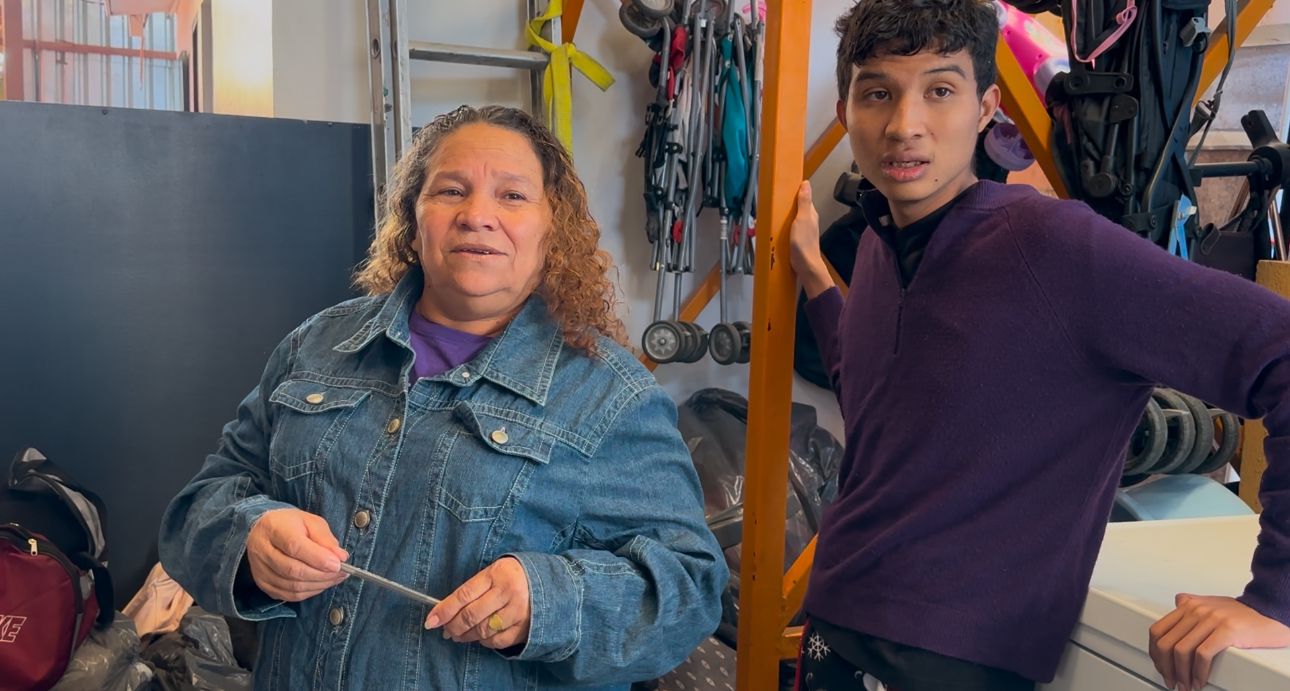
The Baja California National Migration Institute processes an average of 500 migrants daily from around 176 nationalities at Tijuana’s El Chaparral border crossing. This equates to approximately 15,000 migrants arriving monthly via the CBP-One app. However, families like those of these two women—one from Michoacán, Mexico, and the other from Honduras—were not so fortunate. All they seek is to pursue the American dream and a better future for their families.
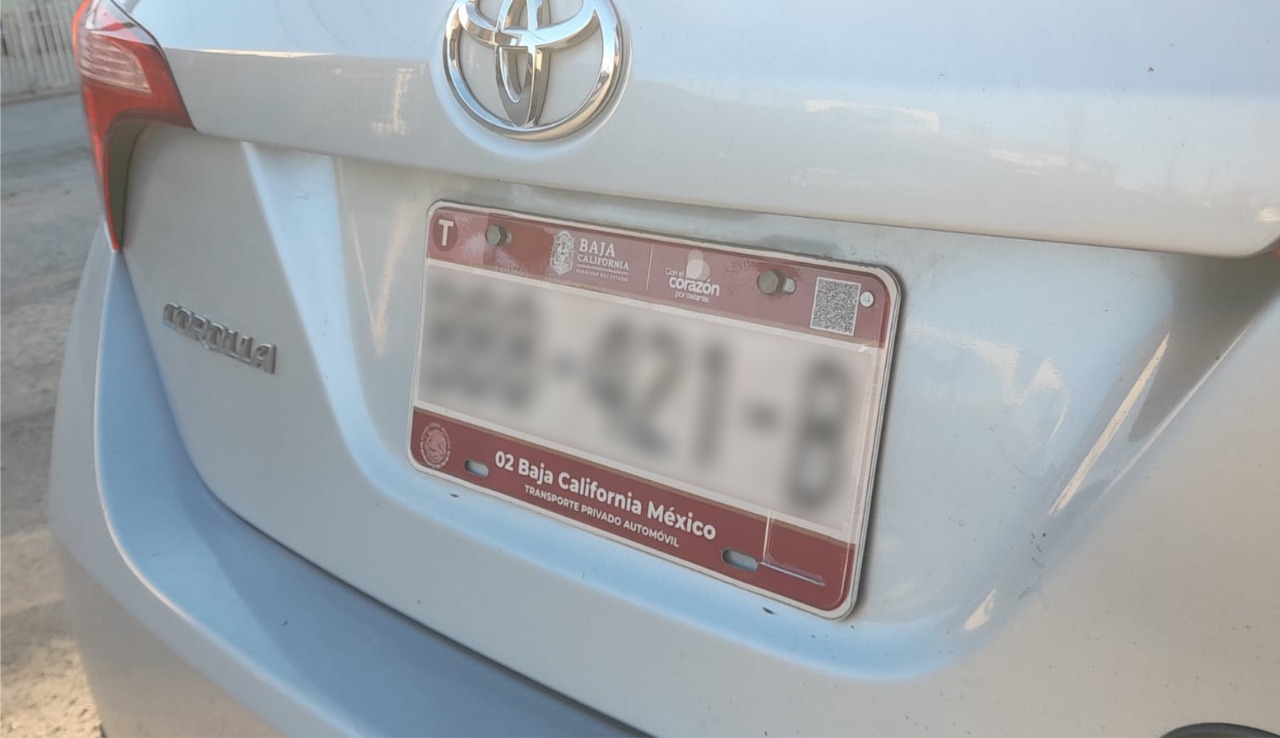
Cali - Baja
hace 2 horas
El Secretario General de Gobierno, Alfredo Álvarez Cárdenas, reafirmó que el reemplacamiento es comp ..

Entretenimiento
hace 2 horas
La tensión entre Daddy Yankee y Mireddys no se limita a la batalla legal ..

Internacional
hace 2 horas
La ausencia de la ex primera dama ha suscitado especulaciones ..

Deportes
hace 3 horas
The future of Japanese baseball met with the Padres' management ..

Entretenimiento
hace 3 horas
El estreno de ‘Emilia Pérez’ en México aún es incierto ..


